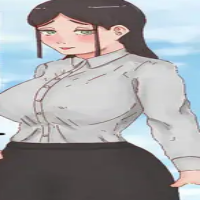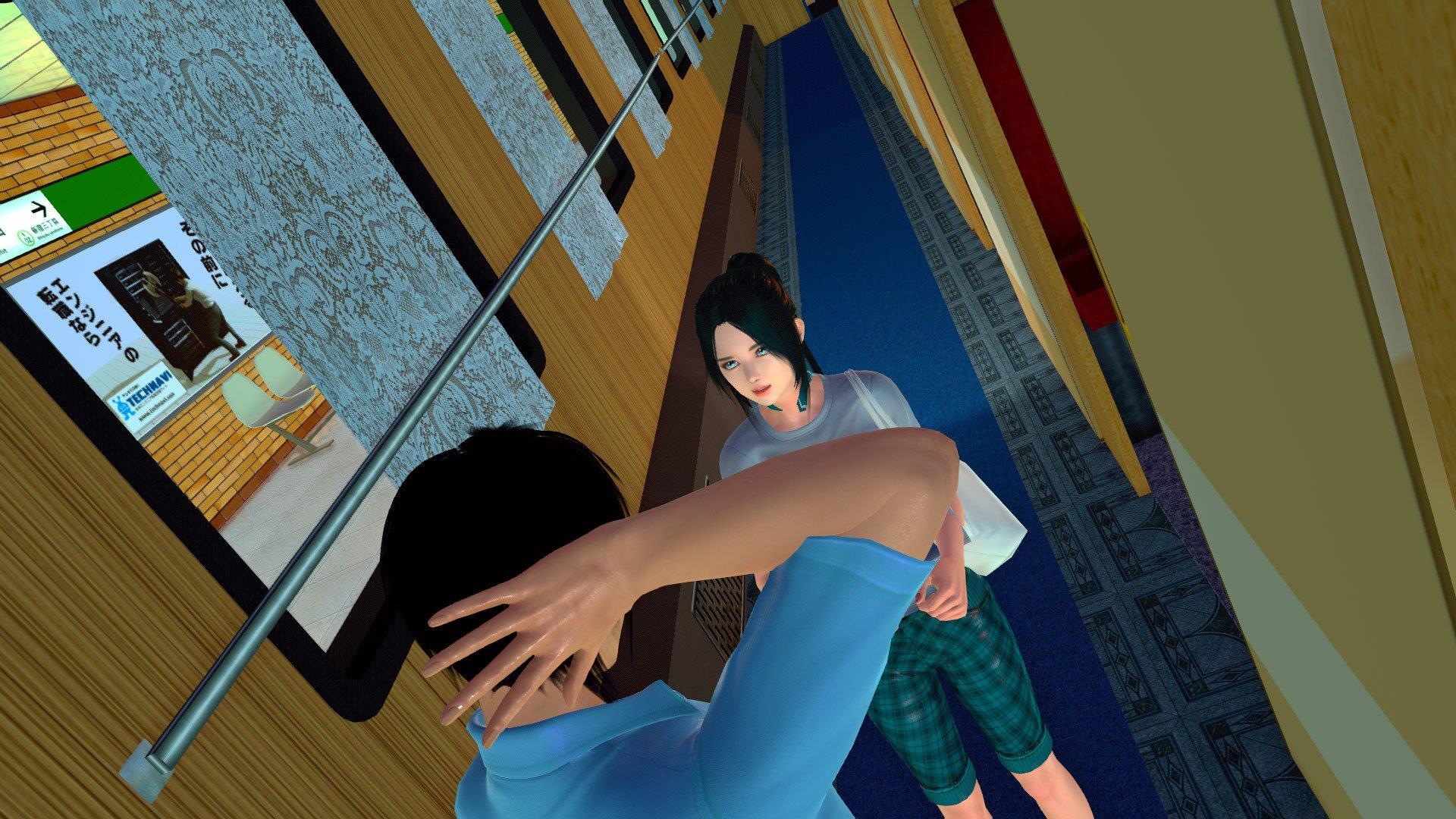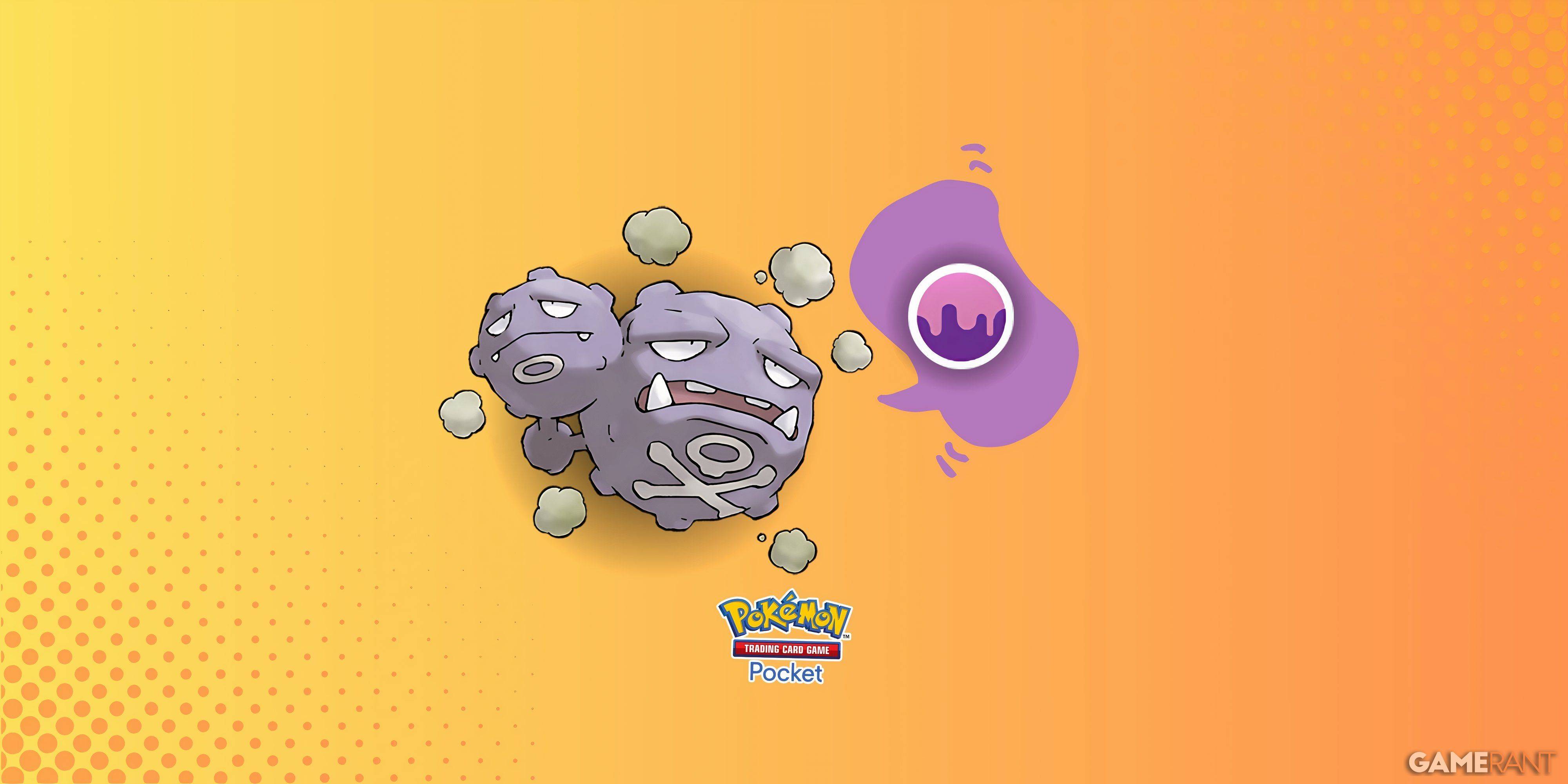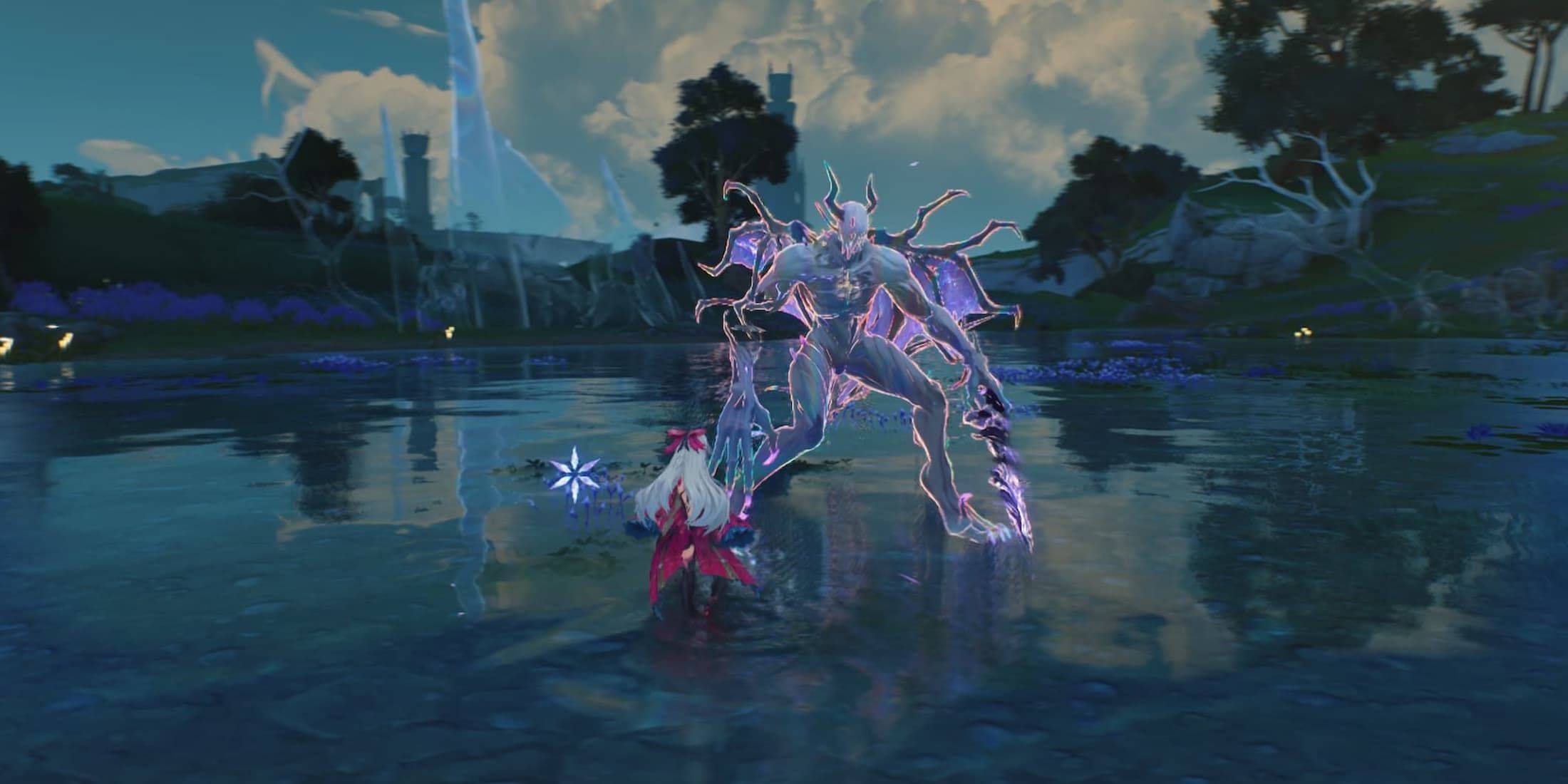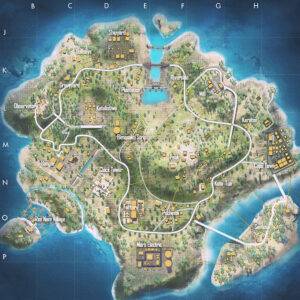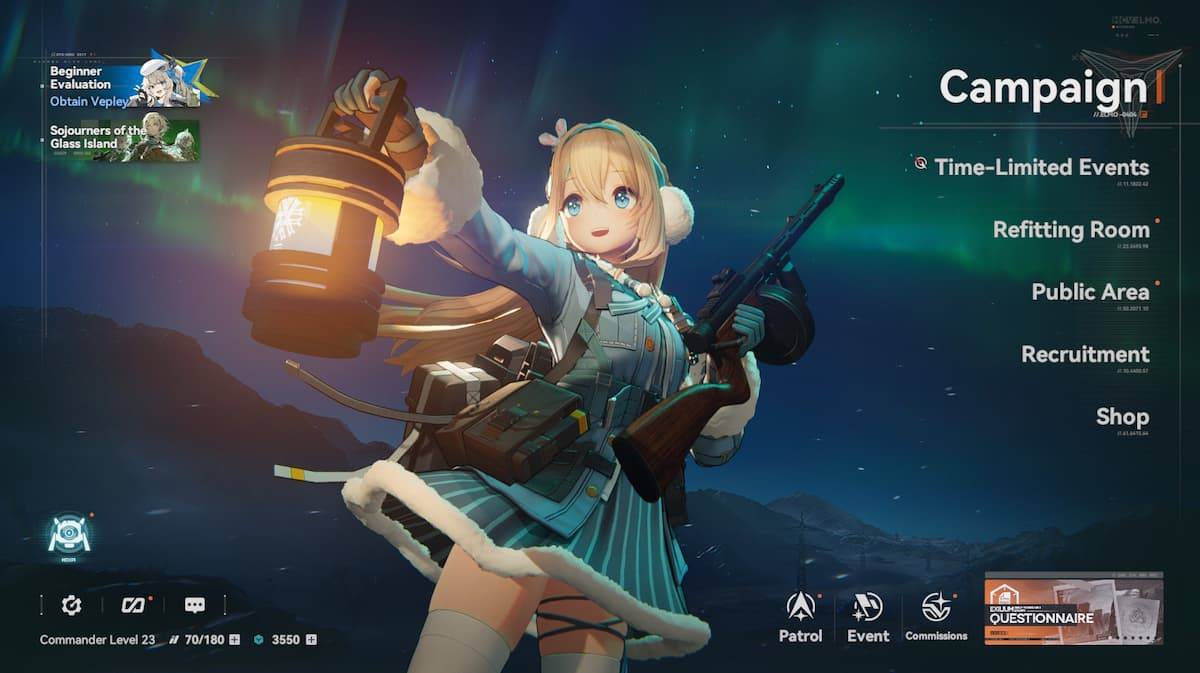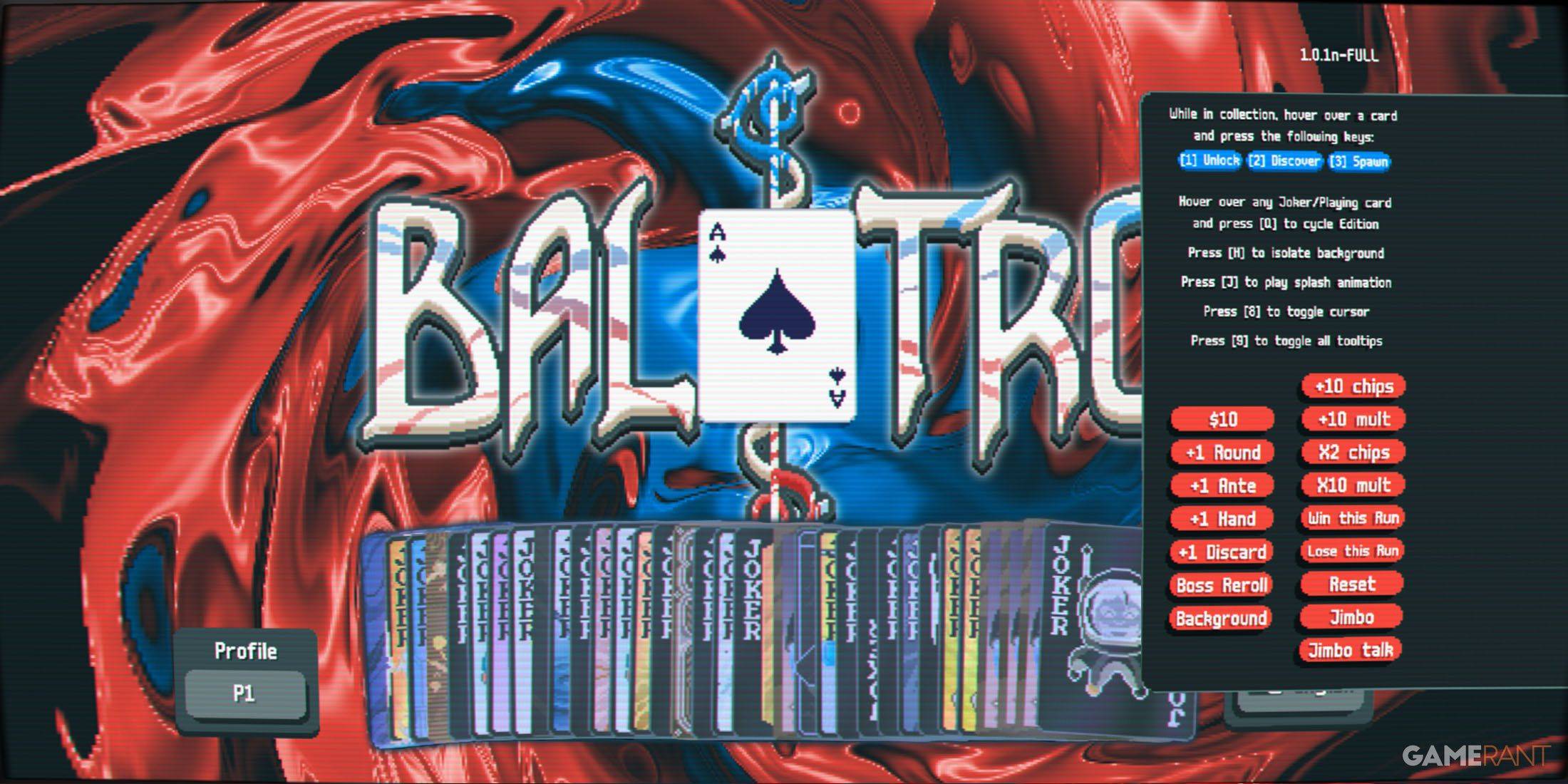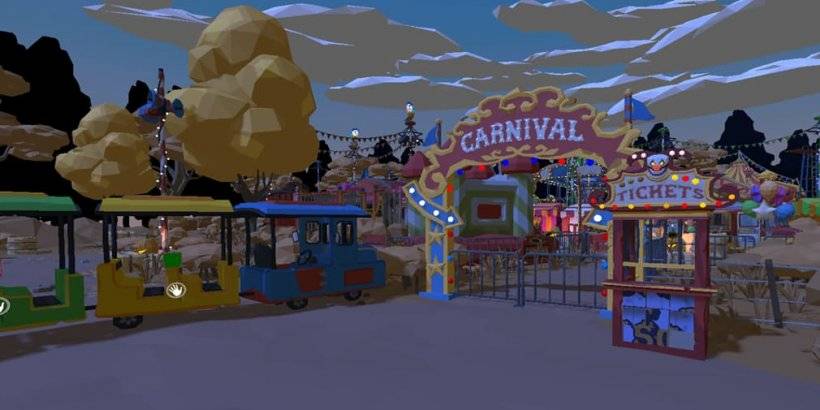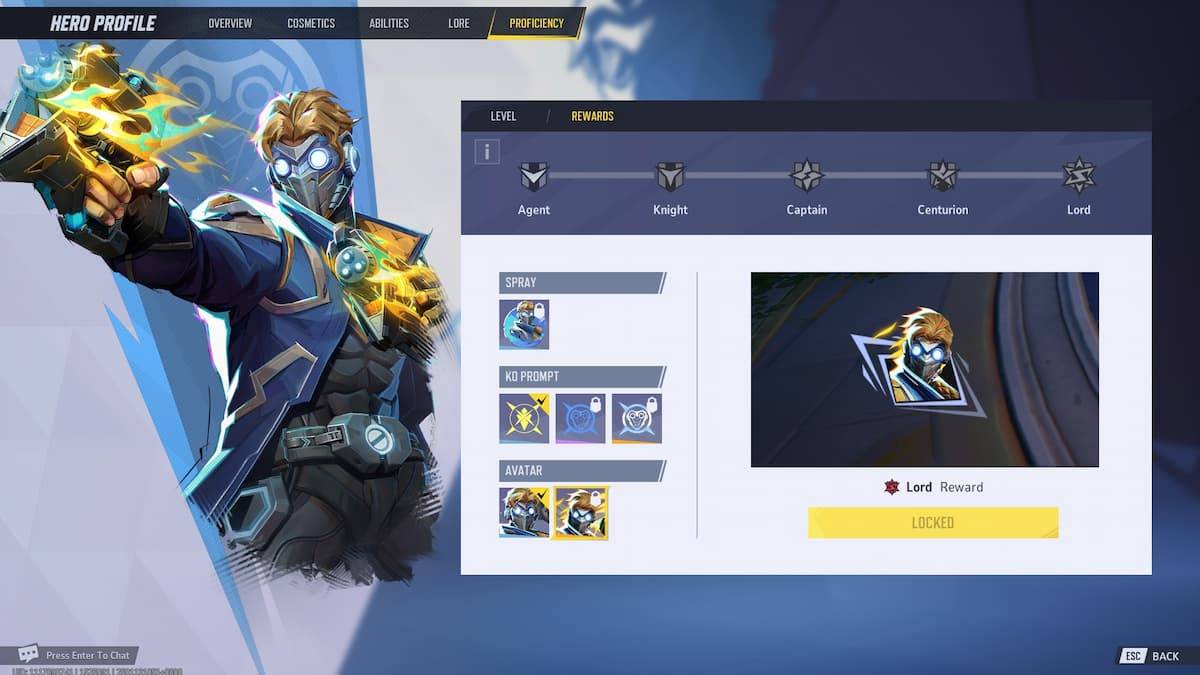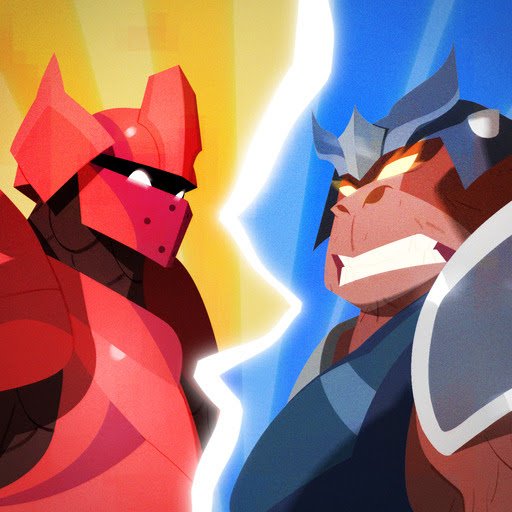Japan PM Addresses Assassin’s Creed Shadows Query
Shigeru Ishiba, Japan’s Prime Minister, recently addressed concerns surrounding Assassin’s Creed Shadows during a government conference. While some reports suggested strong criticism of Ubisoft’s portrayal of Japanese shrines in the game, the full context reveals a more measured response.
IGN worked with our counterparts at IGN Japan to ensure an accurate translation and deeper understanding of the exchange. We’ve also reached out to Ubisoft for further comment.
To provide background, Ubisoft has issued multiple apologies leading up to the game’s delayed release over elements that upset certain groups in Japan.
Some players and cultural observers raised concerns about historical inaccuracies in the depiction of Feudal Japan. In response, the development team clarified that Shadows is “a compelling, historical fiction,” not a historically rigid recreation. The studio emphasized its collaboration with historians and cultural consultants but acknowledged that some promotional materials caused concern. “For this, we sincerely apologize,” Ubisoft stated.
The controversy deepened when Ubisoft used a flag belonging to a historical reenactment group without permission—an oversight the company later apologized for. Additionally, collectible figure maker PureArts pulled a Shadows-themed statue from sale due to its depiction of a one-legged Torii gate, which holds symbolic significance. Torii gates are traditionally found near sacred sites in Japan, marking the transition between the secular and the spiritual. One such rare, single-legged gate exists at Nagasaki’s Sannō Shrine, located just 900 meters from the site of the WWII atomic bomb explosion.
With all this in mind, Assassin’s Creed Shadows enters its launch window amid both domestic and international scrutiny.
The question was posed by Hiroyuki Kada, a member of Japan’s House of Councillors, who expressed concern about in-game depictions of real-world locations being damaged or destroyed:
“I fear that allowing players to attack and destroy real-world locations in the game without permission could encourage similar behavior in real life. Shrine officials and local residents are also worried about this. Of course, freedom of expression must be respected, but acts that demean local cultures should be avoided.”
Prime Minister Ishiba responded:
“How to address this legally is something we need to discuss with the Ministry of Economy, Trade and Industry, the Ministry of Education, Culture, Sports, Science, and Technology, and the Ministry of Foreign Affairs.
“Defacing a shrine is out of the question—it is an insult to the nation itself. When the Self-Defense Forces were deployed to Samawah, Iraq, we ensured they studied Islamic customs beforehand. Respecting the culture and religion of a country is fundamental, and we must make it clear that we will not simply accept acts that disregard them.”
These are accurate translations of the statements made. However, additional context helps clarify the intent behind them.
Japan has seen a surge in international tourism since reopening its borders post-pandemic, especially due to the weak yen attracting more visitors. During the budget meeting, Kada linked his concerns about Shadows with broader worries about “over tourism” and rising incidents of vandalism and graffiti in public spaces.
His argument hinges on the idea that simulating destructive behavior—such as desecrating temples or using katanas against NPCs—might inspire copycat actions among tourists, echoing long-standing debates around video games influencing real-life conduct, as seen with titles like Call of Duty or Grand Theft Auto.
However, Ishiba’s response focused on hypothetical real-world actions rather than directly criticizing the game itself. His remarks were aimed at condemning physical acts of disrespect toward religious sites—not targeting artistic expression or virtual representation.
The shrine shown being attacked in gameplay footage is the Itatehyozu Shrine in Himeji, Hyogo Prefecture—one of Kada’s local constituents. He noted that shrine representatives had not been contacted by Ubisoft before their location appeared in the game.
Masaki Ogushi, Vice Minister of Economy, Trade and Industry, offered a cautious reply, stating that the government would assist if the shrine sought consultation. However, under Japan’s constitutional protections for artistic freedom, Ubisoft likely remains within legal bounds to include such locations.
Overall, the responses from government officials have been noncommittal and unlikely to lead to concrete action. Meanwhile, Ubisoft appears to have taken proactive steps to address concerns through a planned day-one patch—possibly showing greater cultural sensitivity than critics like Kada have acknowledged.
The Complete Assassin's Creed Timeline
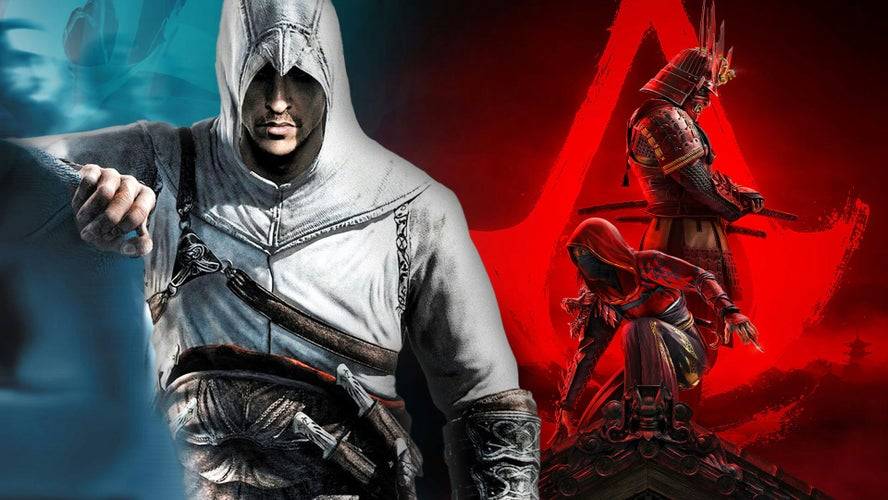
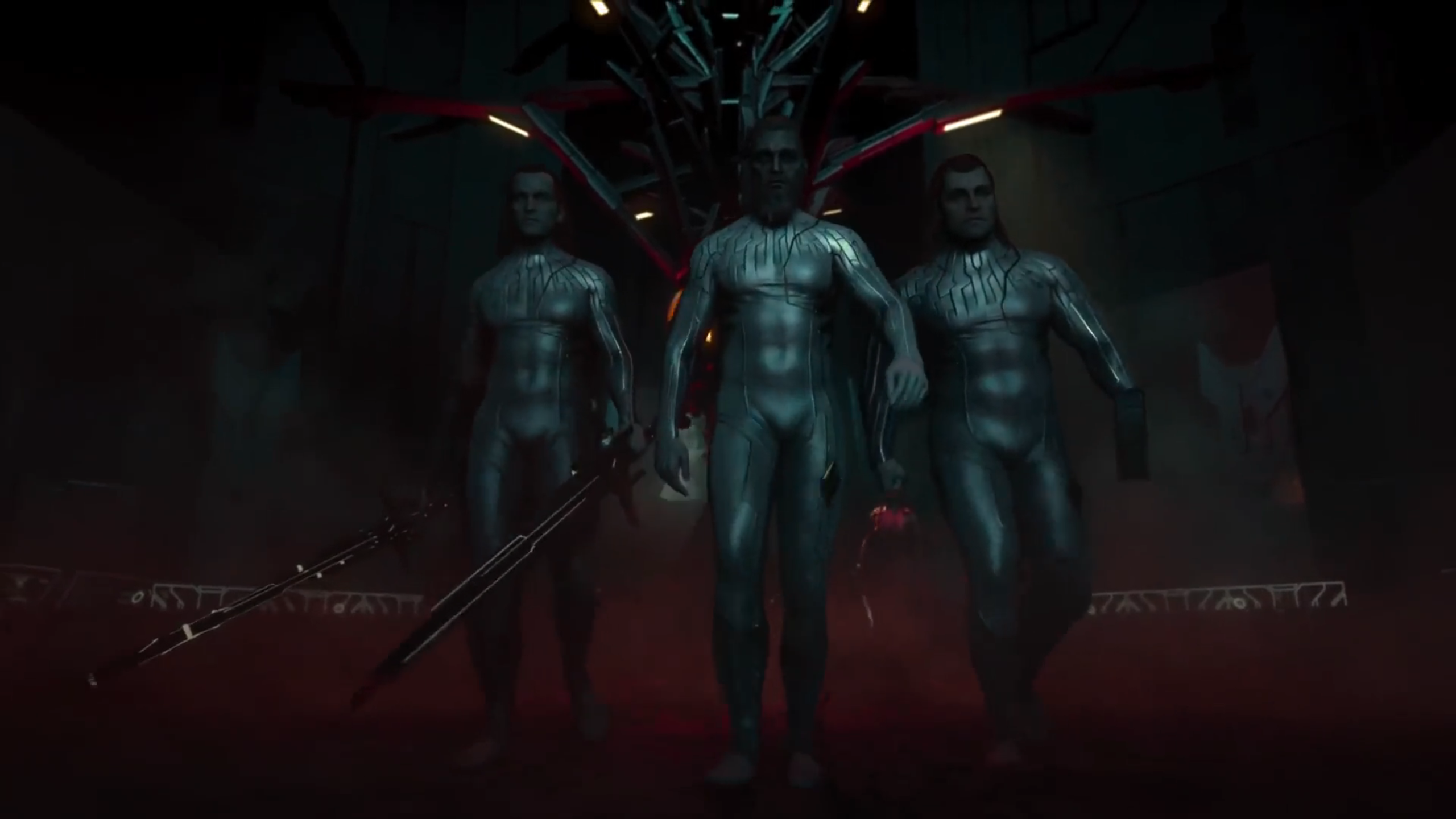 25 Images
25 Images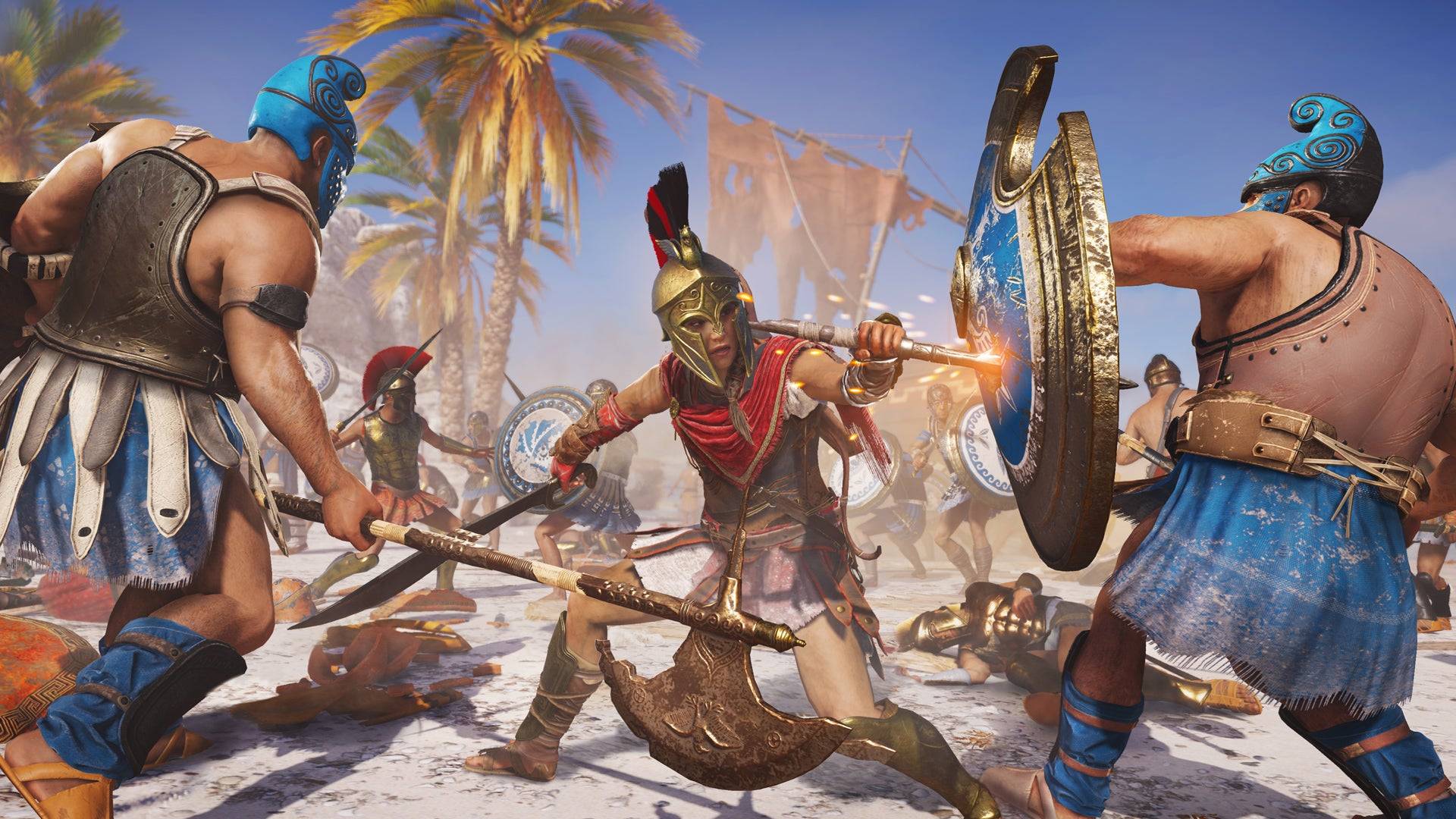
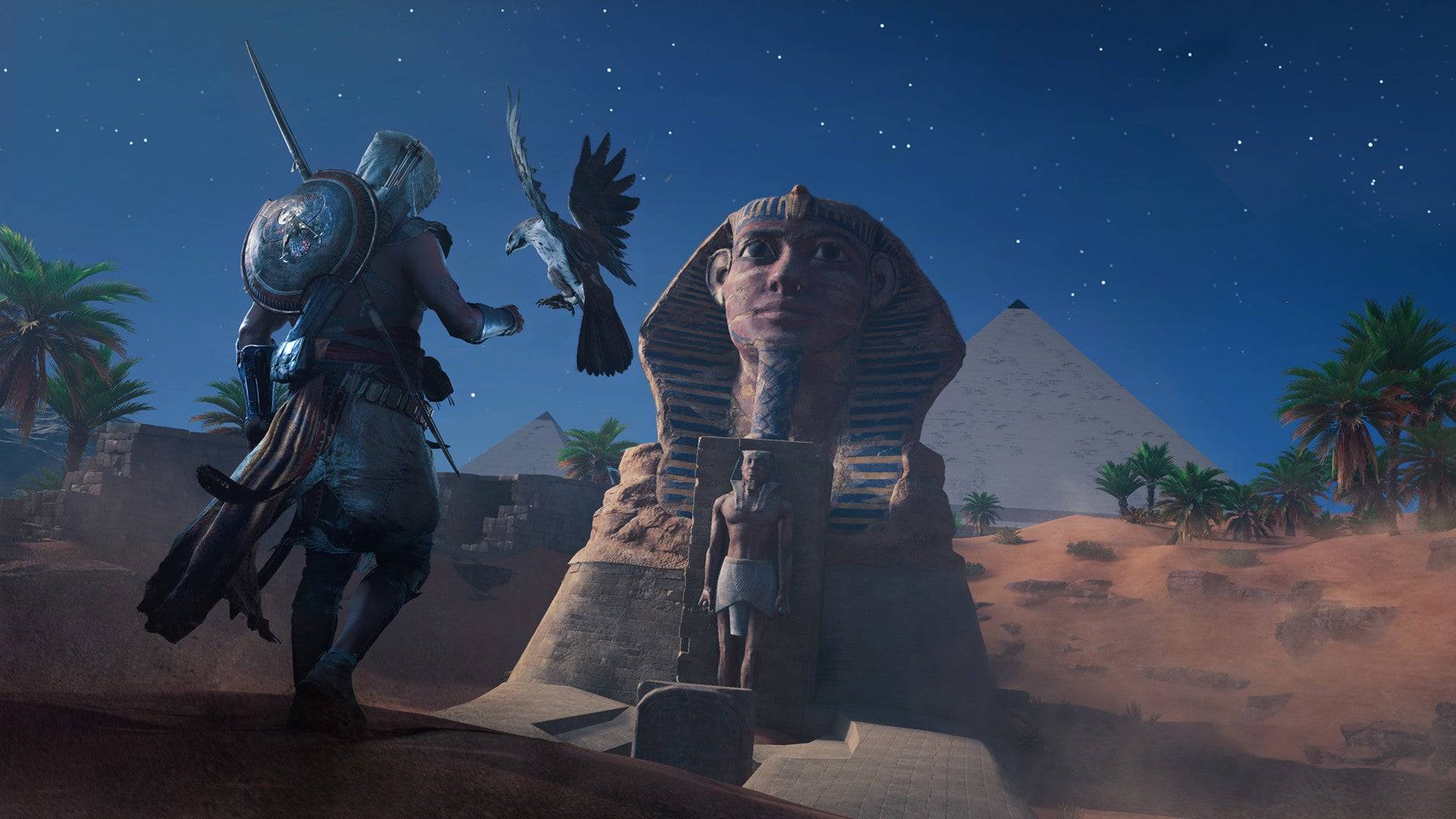
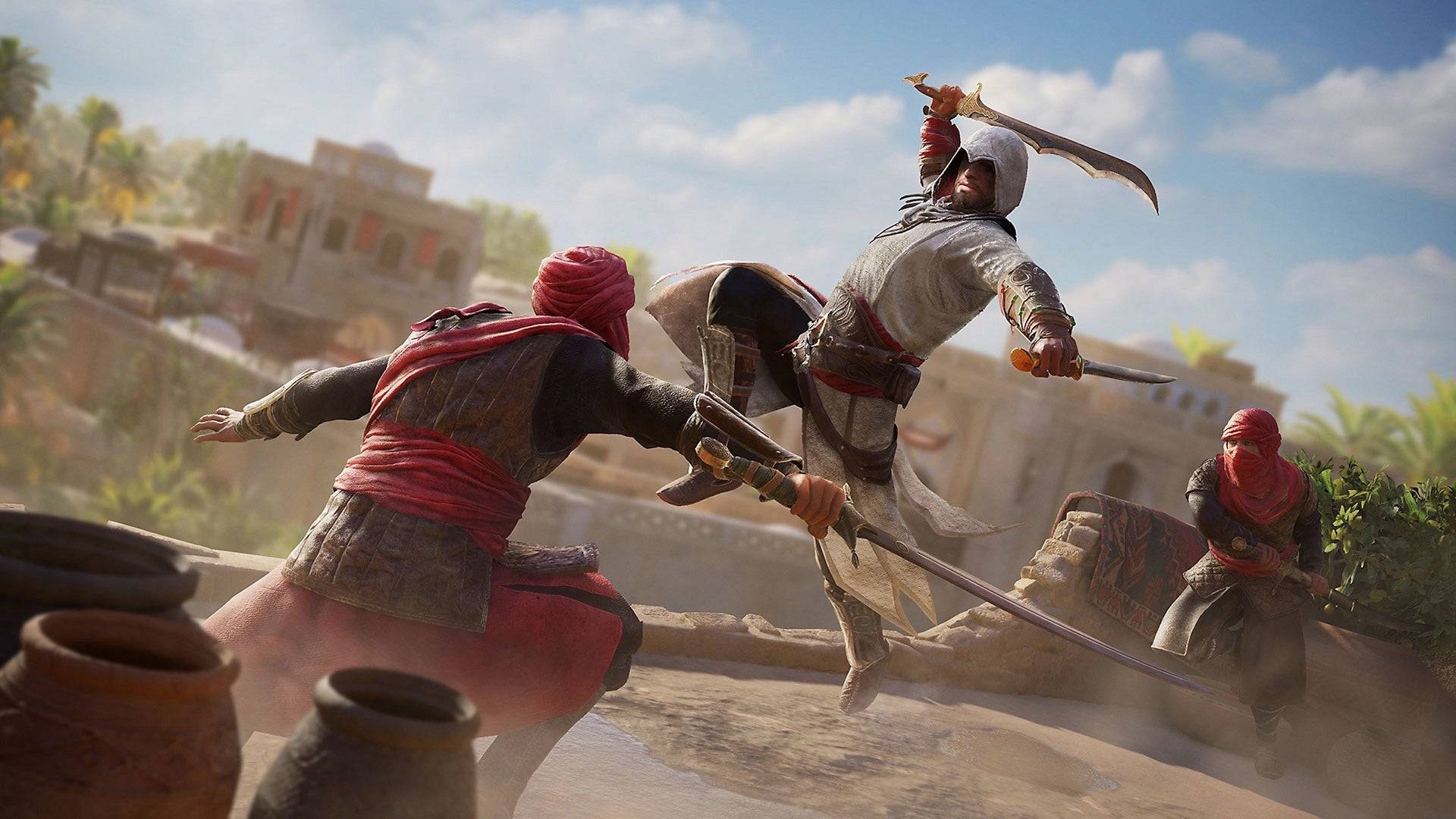
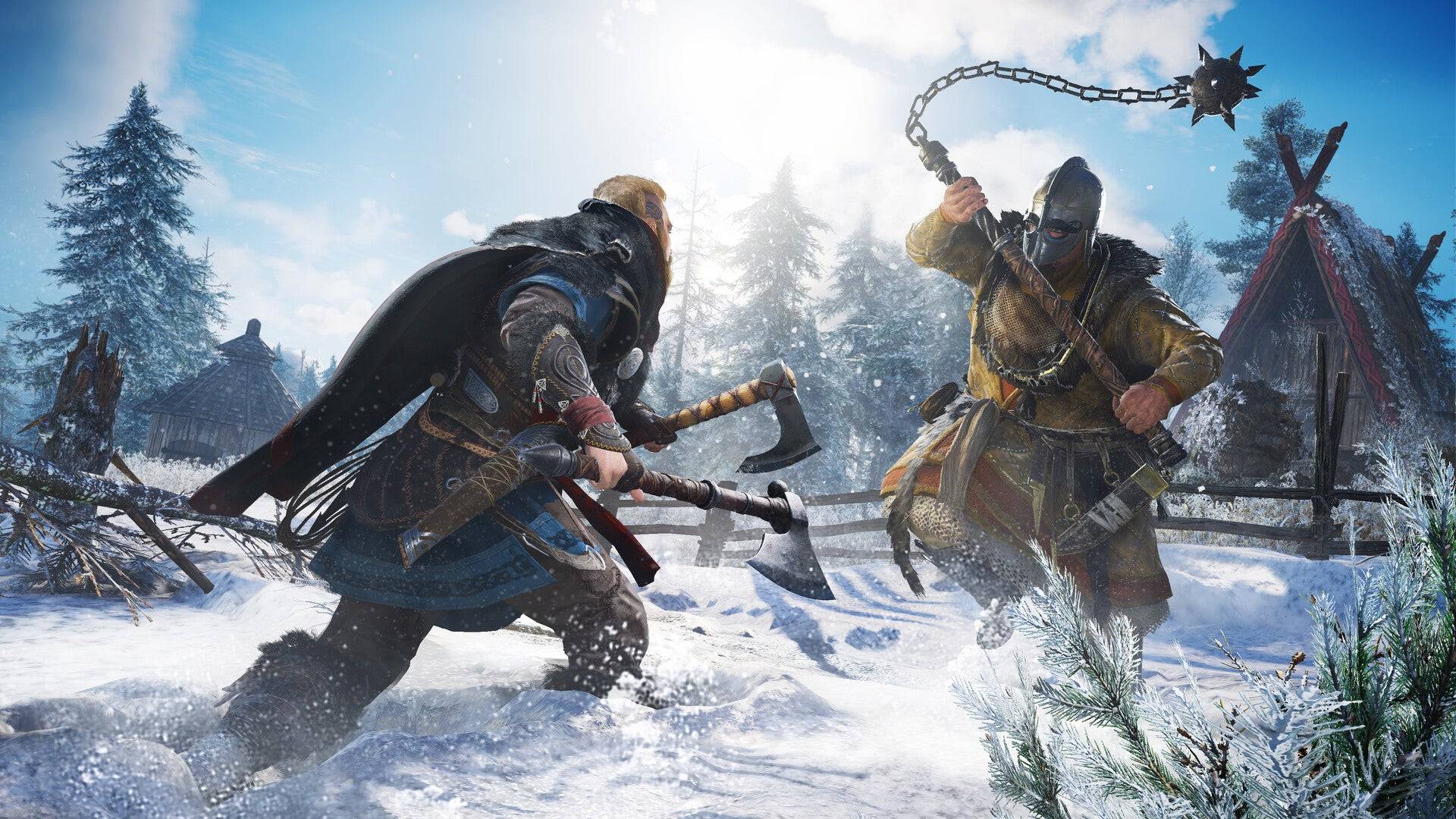
Details of this patch surfaced today in Japanese media outlets, though Ubisoft’s Western division has yet to officially confirm them. According to Automaton, the patch will render tables and shelving in shrines indestructible, reduce graphic depictions of bloodshed in religious spaces, and remove blood effects when attacking unarmed NPCs. IGN has reached out to Ubisoft regarding the scope and regional availability of these changes.
Regardless of its reception in Japan, Assassin’s Creed Shadows carries significant weight for Ubisoft globally. After multiple delays and the underwhelming performance of last year’s Star Wars Outlaws, the publisher is under pressure to deliver a successful title. Ubisoft has faced a turbulent period marked by [ttpp], layoffs, studio closures, and game cancellations.
IGN’s review of Assassin’s Creed Shadows awarded it an 8/10, praising the game for “sharpening the edges of its existing systems” to create one of the best open-world experiences the series has produced in over a decade.
Latest Articles




![Taffy Tales [v1.07.3a]](https://imgs.anofc.com/uploads/32/1719554710667e529623764.jpg)


